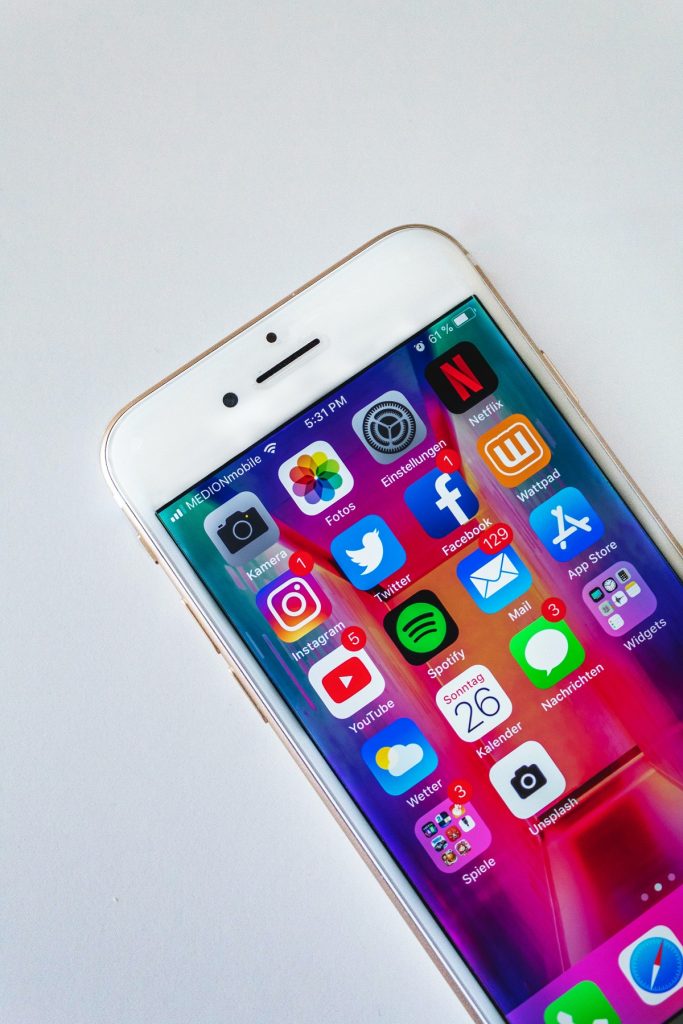Social Media’s Cool
By Martin H. Levinson
Social media helps people to stay connected, offers a useful way to share past memories, and assists those who are struggling by providing access to advice from strangers. But as wonderful as social media is, there are some who dare to say being on it is not as psychologically healthy as face-to-face and over-the- phone tetes-a-tetes. They couldn’t be more wrong.
Heavy users of social media tend to spend less time having in-person conversations, which is a huge plus as they don’t have to constantly monitor nonverbal cues or carefully listen to people in person to know what they are saying. On social media you are spared these time-wasting externalities and any confusion over meaning can be resolved at your leisure. You are also spared the possibility of being physically assaulted if you say something that ticks off the other person during live encounters. The worst that can happen if your conversational companion loses it on social media is they block you, which is much better than having to go to urgent care to get stitches. And cherry on top: no direct communication, no chance of contracting Covid.
Receiving attention is one of the most valuable resources in existence for social animals. It ensures we have a safe space to land if we ever need it. And what better way to get attention than posting on social media, where if your posts go viral you can become famous. Ongoing competition for likes and notifications add spice to the game and, even cooler, if you use social media there’s no need to be your genuine self to gain popularity: Overweight shlubs can curate themselves into sleek, toned athletes. People who don’t have two nickels to rub together can claim they are as rich as Croesus. Scaredy cats afraid of their shadow can become the toughest jokers in the room. On social media you can be whoever you want to be to gain approval, which is great because being admired is what it’s all about in the land of the free, home of the rave, and the way to do that fast and cheap is through social media.
Some say social media stunts creativity, as time spent posting and posturing could be put toward creative endeavors. That’s true but it begs the question, “what’s so fantastic about creativity?” Is it better to write a poem or paint a picture than spending time surfing social media or posting selfies? That might be the case if you think there’s value in expressing your inner self. But you’d have to be out of your mind or smoking weed to think that way. The rocket-ship rise of social media shows that people in the US of A are interested in their outer selves—selves that want to be popular and liked rather than selves that go around examining what they think about things and the state of the world around them. William Shakespeare, a creative genius and celebrated Elizabethan-era influencer, said this about creativity and social media: “This above all, to thine own self be true, unless you are on social media. There truth is an obstruction and creativity is about building your brand.”
Speaking of brand-building, many people post only the good stuff about their lives on social media platforms—fab vacation photos, pics of their new baby, etc. Such posting, one argument goes, can negatively impact the self-esteem of individuals who view these posts, as in making social comparisons they can come up short. This is particularly true, many researchers say, for young people. The solution to this problem is simple: post even better stuff than what you are seeing and make it all up—killer vacation photos and uber-cute babies are a cinch to find on the internet and claiming them as yours is as easy as click, click, click. With the magic of cut-and-paste you can create any persona you want on social media, which for people with poor self-esteem is a godsend. Kids lacking self-confidence should be on it all the time.
Albert Einstein famously said, “imagination is more important than knowledge.” He wasn’t referring to social media when he made that statement, but he just as easily could have been because in the world of social media imagination rules and knowledge is an afterthought.

